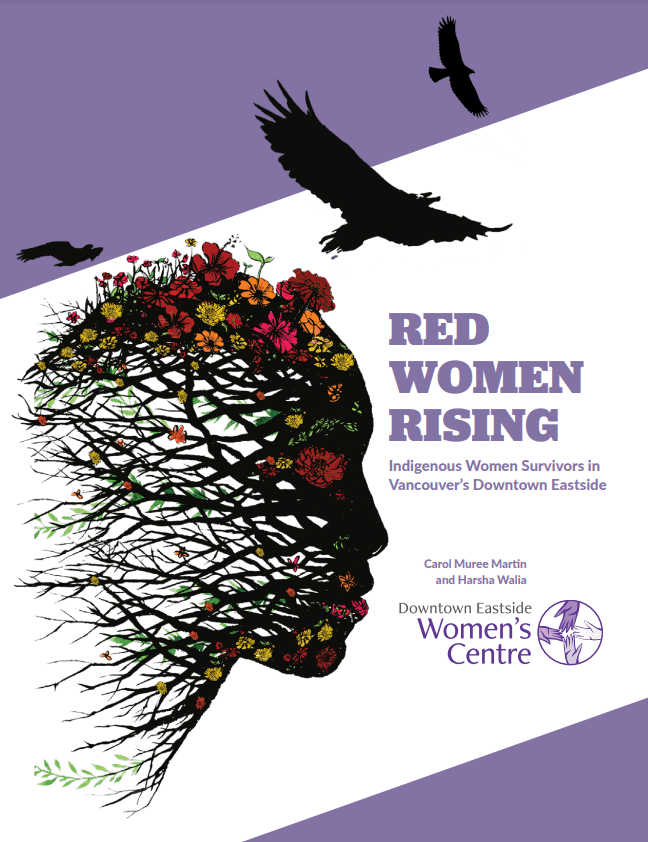53 search results
for
Health
Eliminating structural violence against Indigenous women and girls
Recommendation 3: Increased state enforcement alone cannot eliminate violence against Indigenous women and girls because structural violence is connected to individual acts of male violence. A comprehensive national-level integrated action plan to eliminate violence against Indigenous women and girls must address all the socio-economic factors impacting Indigenous women’s, girls’, trans and two-spirit’s safety including equitable access and self-determination over land, culture, language, housing, child care, income security, employment, education, and physical, mental, sexual and spiritual health.-
Category and theme:
Audience:
Groups affected:
Recommendation 11:
End the criminalization of people who use or possess small amounts of illicit substances.
-
Category and theme:
Audience:
Groups affected:
Legislative reform to reduce Indigenous women’s manufactured vulnerability
Recommendation 14: Amend the provincial Residential Tenancy Act to cover all housing and to strengthen tenants rights. Amend the provincial Human Rights Code and Residential Tenancy Act to make it illegal to discriminate on the basis of social condition including health status and drug use.-
Category and theme:
Audience:
Groups affected:
Immediate services needed in the DTES
Recommendation 18: An Indigenous Health and Wellness Centre in the DTES and Indigenous-run health programs that use Indigenous methods to address physical, mental, sexual, emotional, and spiritual harms. Also fund more mobile healthcare vans and community-based clinics, street nurses, and healthcare providers in the DTES.-
Category and theme:
Audience:
Immediate services needed in the DTES
Recommendation 19: Guarantee access to affordable, healthy, and nutritious foods especially fruits, vegetables, and meats in the DTES. This means more community gardens, food banks, nonprofit grocery stores, and providing discount cards for regular super markets.-
Category and theme:
Audience:
Groups affected:
Immediate services needed in the DTES
Recommendation 20: Expand non-policing options for publicly intoxicated people, including civilian-operated 24/7 sobering centres providing appropriate care for Indigenous women.-
Category and theme:
Audience:
Groups affected:
Immediate services needed in the DTES
Recommendation 21: Rapid easy access to Indigenous women’s detox-on-demand where there is no time limit; Indigenous-run treatment centres; indoor overdose prevention sites and consumption sites for Indigenous women only; access to safer drug supply; and full spectrum of substitution treatment options.-
Category and theme:
Audience:
Immediate services needed in the DTES
Recommendation 22: Guarantee a 24/7 Indigenous mental health and addictions counselling program that is low-barrier, drop-in based, available on demand, and includes overnight street-based counselling in the DTES. Also ensure long-term mental health and addiction services, ranging from prevention, early intervention, treatment, crisis care, home visits, and aftercare.-
Category and theme:
Audience:
Immediate services needed in the DTES
Recommendation 25: Provide a free medical accompaniment program where women are guaranteed rides and an accompaniment advocate for all medical appointments.-
Category and theme:
Audience:
Groups affected:
Recommendation 32:
Universal public healthcare coverage to include supplements, prescriptions, counselling, dental, optical, mobility devices, adaptive equipment, and alternative treatments like acupuncture.
-
Category and theme:
Groups affected:
